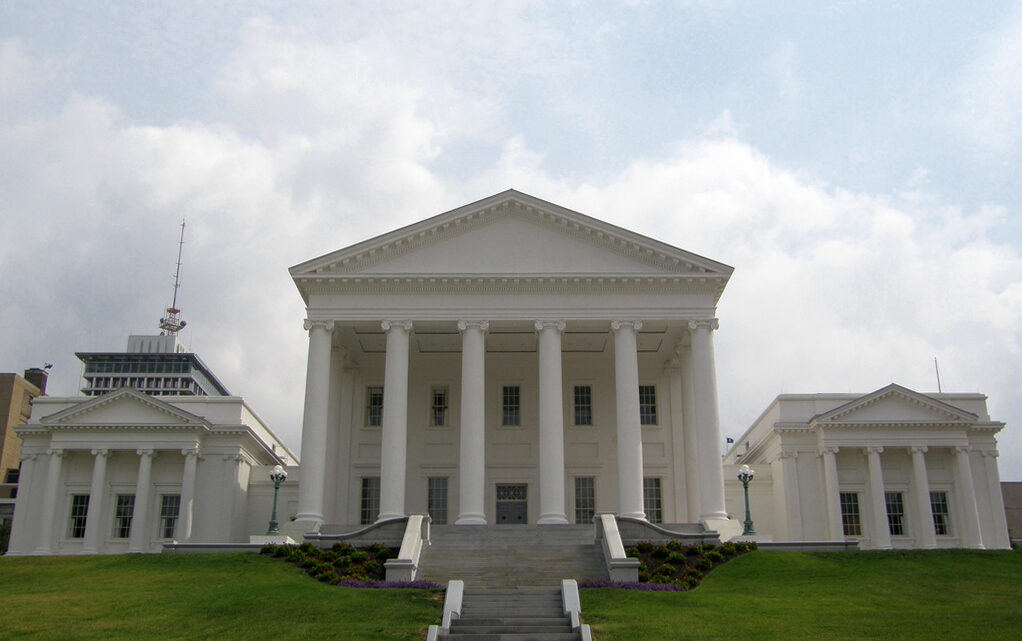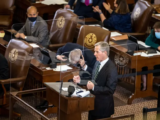
With early voting underway, Virginia lieutenant gubernatorial candidates share stances on economy, other issues
September 29, 2021Hala Ayala (D) and Winsome Sears (R) are running in the general election for lieutenant governor of Virginia on Nov. 2, 2021. Early voting began in Virginia on Sept.17 and will continue on weekdays through Oct. 29 as well as on two Saturdays, Oct.23 and 30.
The incumbent lieutenant governor, Justin Fairfax (D), ran for governor of Virginia and lost in the Democratic primary on June 8, 2021. Ayala won the June 8 Democratic primary with 39.1% of the vote. Sears won the Republican nomination at the May 8 Republican convention. As of June 30, Ayala led Sears in fundraising, with $1,610,917 in total contributions to Sears’ $750,351.
In a Roanoke College poll conducted between Aug. 3 to Aug. 17, 2021, a plurality of respondents (26%) chose the economy as the most important issue. Other issues included COVID-19 (9%), race relations (7%), education (7%) and health care (6%).
Ayala, who was elected to the Virginia House of Delegates in 2017, has emphasized her experience in the legislature, saying she “has already helped shepherd some of the Democratic Majority’s biggest successes and knows how to get things done.” Ayala said she would “focus on an inclusive economy that ensures every Virginian can put food on the table and keep a roof over their heads” through increasing the minimum wage, investing in affordable housing, and mandating hazard pay for essential workers. Her platform also includes maintaining and expanding abortion rights and expanding access to broadband service and affordable healthcare.
Sears, a former Marine and member of the House of Delegates from 2002-2004, said her views are based on “her service to the Commonwealth and her Country, her faith, and her belief in equal opportunity for all Virginians.” She said she would “support policies that keep taxes low, reduce regulations, and promote small businesses,” and “that reduce the cost of living for Virginians,” including maintaining Virginia’s Right-to-Work Law, providing tax breaks for small businesses, and reducing state excise and income taxes. Sears also said she would work to expand veteran care centers and jobs programs and raise salaries for law enforcement workers.
The lieutenant governor serves as the president of the Virginia State Senate and may cast tie-breaking votes. The lieutenant governor is first in the line of succession to the governor; in the event the governor dies, resigns, or otherwise leaves office, the lieutenant governor becomes governor. Of the four lieutenant governors who have been elected since 2002, three were Democrats and one was a Republican. Two of them, Tim Kaine (D) and Ralph Northam (D), went on to become governor. The lieutenant governor is popularly elected every four years by a plurality and, unlike the governor, may run for re-election. Virginia is one of 17 states in which the lieutenant governor is nominated in a separate primary and elected in separate general election from the governor.
This article was originally posted on With early voting underway, Virginia lieutenant gubernatorial candidates share stances on economy, other issues


